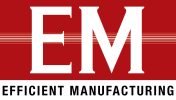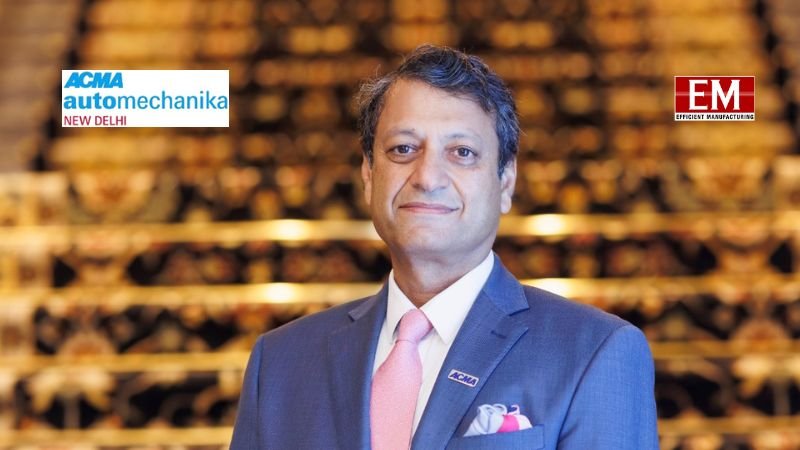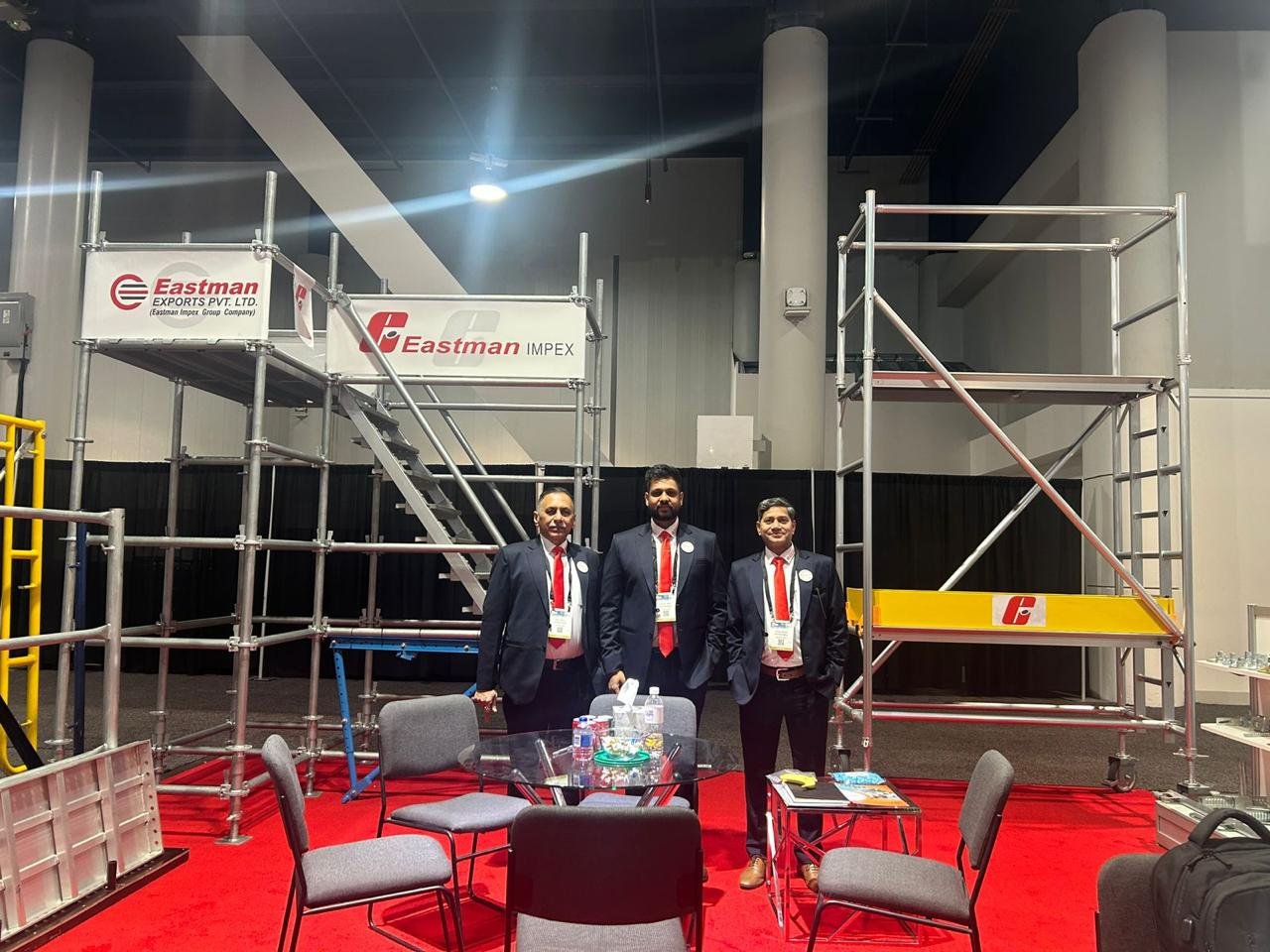| Emobi, a pioneering EV startup based in Bengaluru, is redefining electric mobility through its commitment to frugal engineering, lean manufacturing, and sustainability. With a vision to drive global sustainability through renewable energy, Emobi has developed highly localised and durable electric vehicle platforms, specially tailored for the demanding last-mile delivery segment. In this exclusive interaction, Bharath Rao, Founder & CEO of Emobi, speaks with Kaushal Dighavkar about the company’s unique design processes, its focus on renewable energy integration, the challenges and opportunities in the EV sector, and how Emobi’s experienced team is innovating to stay ahead in this rapidly evolving industry.
Q. Can you elaborate on the frugal-engineering methodologies Emobi employs in its EV design process, and how these methods contribute to cost-effectiveness?
At Emobi, we employ frugal engineering methodologies by selecting readily available components and designing our vehicles around them. This approach reduces the need for custom-built parts, significantly saving costs. By leveraging existing technologies and focusing on simplicity, we ensure that our designs are efficient, affordable, and reliable. This method minimises production costs and allows for faster time-to-market, making our EVs more accessible to a wider audience.
Q. What challenges have you faced in developing EV platforms for last-mile delivery, and how has Emobi overcome them?
Since our vehicles have been designed and built from the ground up by our teams, we do face challenges in aligning local supply chain partners to assist us with critical vehicle components. However, with their support, we have not only designed and built in India, but we have also achieved 100% localization for all components used in the vehicle. This enables us to offer more reliable after-sales service for last-mile delivery customers.The key challenge in designing for last-mile delivery is ensuring durability and reliability in the vehicle platforms, as this segment is one of the most demanding, with an average usage of 100 km/day.
Q. How does Emobi’s focus on lean manufacturing influence your production processes, and what advantages does it offer in the competitive EV market?
We have implemented lean manufacturing processes and built ERP systems from the ground up to efficiently manage our supply chain. By standardizing our processes and components, we ensure consistent quality across all facilities where our vehicles are assembled. This approach gives us a distinct advantage, allowing us to scale operations into new markets at a much faster rate. Additionally, incorporating just-in-time methodologies into our manufacturing and assembly processes has improved our efficiency and reduced waste. As a result, we are well-positioned to meet increasing demand while maintaining operational agility.
Q. Can you discuss the strategic partnerships Emobi has formed to revolutionise last-mile delivery and the role these partnerships play in your overall business strategy?
We would like to reveal more of these details closer to the commercial launch of the vehicles into the market.
Q. How does Emobi integrate renewable energy into its operations, and what are your plans for expanding this approach to further drive global sustainability?
We actively utilise solar energy in our manufacturing facilities and are collaborating with partners in our supply chain to increase their adoption of solar and other renewable energy sources. Our goal is to achieve a negative carbon footprint by integrating renewable energy across the entire lifecycle—from manufacturing to the usage of our vehicle platforms. By prioritising sustainability at every stage, we are committed to driving significant environmental impact and fostering a greener future.
Q. What are the key factors that differentiate Emobi’s electric vehicles from others in the market, particularly in terms of affordability, reliability, and sustainability?
As we are building for the demanding last-mile delivery segments, we place a strong emphasis on reliability and durability. We have been conducting extensive testing of our vehicles across various platforms prior to finalizing and certifying them. This approach has enabled us to fine-tune key components, further enhancing the reliability and durability of the vehicles. As a result, our customers benefit from minimal additional capital expenditure, allowing them to operate these vehicle platforms for up to five years without major replacements.
Q. How does Emobi’s management team leverage its combined experience across various sectors to innovate and stay ahead in the rapidly evolving EV industry?
Our teams consist of individuals with deep industry knowledge across batteries, embedded systems, IoT/web technologies, and automotive manufacturing. This gives us the perfect balance of experience and expertise, combining traditional automotive industry knowledge with the latest advancements in electric vehicles, seamlessly integrating both hardware and software solutions.
Q. What are your future plans for expanding Emobi’s vehicle offerings, especially in the areas of passenger transport, utility vehicles, and personal commute?
We are continuing to do market research to identify niche areas in transportation where we think we could add value and make a difference, currently a few platforms are on the drawing board while we look to start commercialising our two-wheeler platforms.












